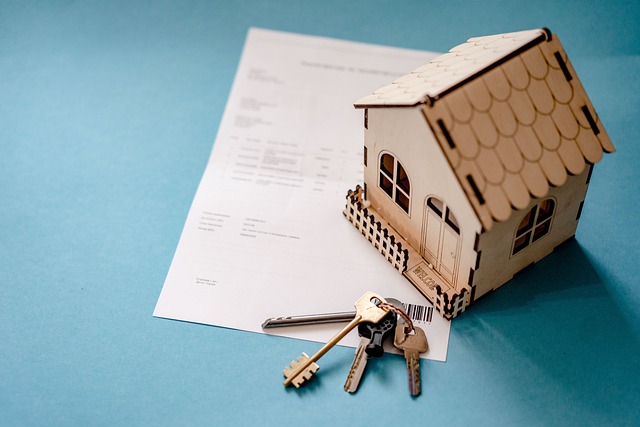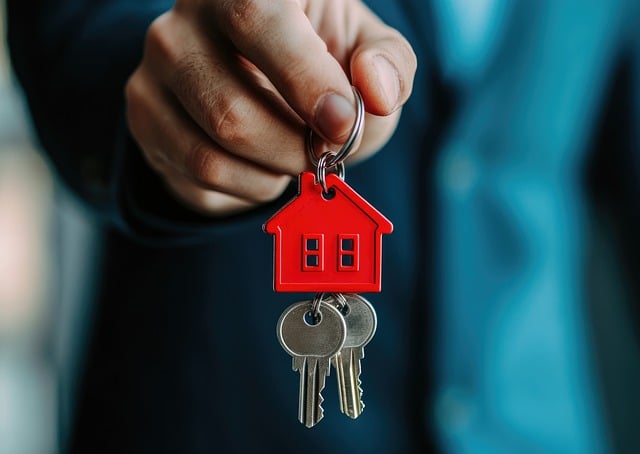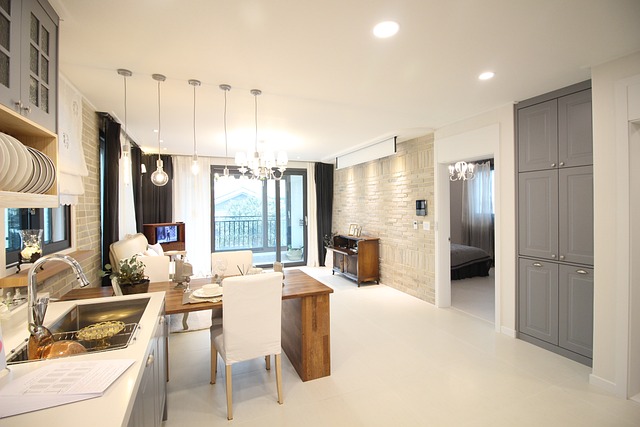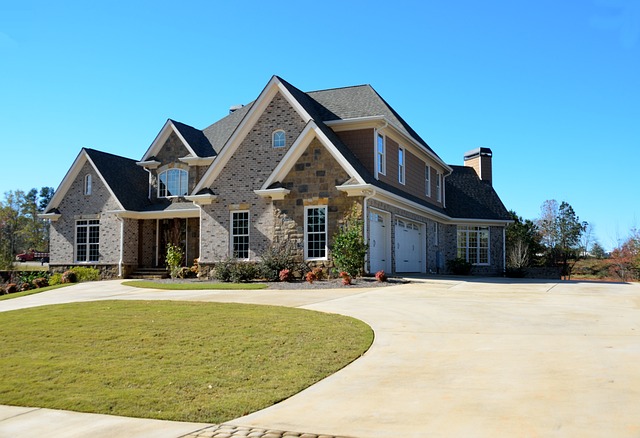Singapore's Executive Condominium (EC) is a unique housing option that serves as a transitional form of dwelling for young families moving up from public to private housing. Prospective EC buyers must meet specific eligibility criteria, including age limits, income ceilings, and the Minimum Occupation Period (MOP), which are enforced by the CPF Board and Housing & Development Board (HDB). These conditions are designed to ensure that applicants are financially prepared for the responsibilities of EC ownership. The pricing of ECs is influenced by factors such as location, development scale, amenities, and market conditions, making them more responsive to economic changes than HDB flats. ECs offer a competitive middle ground in terms of cost compared to both HDB flats and private properties, with the added benefit that after ten years, they can be sold as private property. When considering an investment in Singapore's residential market, understanding eligibility for an Executive Condo is crucial for making informed decisions that align with your long-term financial and housing goals.
navigating the property landscape in Singapore, understanding the nuances between Executive Condominium (EC) and Housing & Development Board (HDB) pricing is key for prospective homeowners. This article delves into the cost considerations of ECs versus HDB flats, shedding light on eligibility criteria that influence purchasing decisions. We’ll explore the price dynamics, factors driving market trends, and historical price patterns to equip you with comprehensive insights. Whether you’re considering your first home or looking to upgrade, this guide will help you make an informed choice between these two housing options in Singapore’s vibrant property market.
- Understanding Executive Condominium (EC) Pricing and Eligibility Criteria
- The Cost Dynamics: Comparing EC Prices to HDB Prices
- Factors Influencing EC and HDB Prices in Singapore
- Analyzing the Market Trends: EC vs HDB Price Evolution Over Time
- Making an Informed Decision: Considerations for Prospective Buyers of ECs
Understanding Executive Condominium (EC) Pricing and Eligibility Criteria

In the real estate market of Singapore, understanding the pricing and eligibility criteria for an Executive Condominium (EC) is crucial for potential homeowners considering this housing type. EC pricing is influenced by various factors including location, development size, facilities, and the balance of supply and demand in the market. Prospective buyers should be aware that ECs are hybrid homes that offer the benefits of a condo while allowing owners to enjoy subsidy from the Housing & Development Board (HDB) for the first 10 years. This makes them an attractive option for young families looking to upgrade from a public housing flat. The pricing of ECs is thus a reflection of both market dynamics and the unique advantages they offer.
Eligibility for an Executive Condominium is subject to specific criteria set by the CPF Board and HDB. To apply for an EC, singles must not own any residential property at the time of application, while couples must not own more than one residential property. Additionally, applicants’ combined monthly income should not exceed S$14,000. Both singles and married couples applying for an EC must also fulfill the Minimum Occupation Period (MOP) for their current flat before they can apply for an EC. This ensures that they have lived in their flat for at least five years before purchasing an EC. Understanding these eligibility conditions is essential, as they demarcate who is eligible to purchase an EC and help guide individuals through the application process. With a clear grasp of the pricing factors and eligibility requirements, prospective buyers can make informed decisions that align with their financial capabilities and long-term housing goals.
The Cost Dynamics: Comparing EC Prices to HDB Prices

When contemplating the purchase of a residential property in Singapore, understanding the cost dynamics between an Executive Condominium (EC) and a Housing & Development Board (HDB) flat is crucial for prospective homeowners. ECs cater to eligible couples who may not be entirely unable to afford a private property but are priced out of the public housing market after the implementation of various cooling measures. The eligibility for an Executive Condo is designed for individuals who meet the age-specific requirements and income ceilings set by the Singapore government, allowing them to purchase a more spacious and advanced unit compared to a standard HDB flat.
As of the current market conditions, EC prices often reflect a middle ground between HDB and private property prices. This pricing strategy is a result of their dual eligibility as both public and private housing. While HDB flats are generally more affordable, especially for first-time buyers, ECs offer larger living spaces and additional facilities at a price point that is competitive with the resale market of both HDB and private properties. Prospective buyers must weigh the initial cost against future resale values and consider the total costs, including maintenance fees and potential additional buyer’s stamp duty (ABSD) if they are upgrading from a public to a private property later on. This comparison is essential for understanding the long-term value proposition of each housing type.
Factors Influencing EC and HDB Prices in Singapore

In Singapore, the prices of both Executive Condominiums (ECs) and Housing & Development Board (HDB) flats are influenced by a multitude of factors. For ECs, eligibility criteria play a significant role in determining price points. Potential buyers must meet the Age, Income Ceiling, and Occupation Prior to Sale (OPS) conditions set by the Singaporean government. These criteria ensure that ECs cater to younger couples and first-time homeowners, which in turn affects supply and demand dynamics within this niche segment of the property market. As these buyers often have different needs and preferences compared to private condominium owners, the pricing of ECs is tailored accordingly, affecting resale values and new launch pricing strategies.
HDB flats, on the other hand, are predominantly influenced by location, flat type, and the timing of the purchase—whether it’s a brand-new flat from the open market sales or a resale unit. Proximity to amenities like schools, transportation nodes, and commercial centers can significantly impact prices, as can the condition and age of the flat. Additionally, HDB pricing is guided by the government’s housing policies aimed at ensuring affordability and fairness for all Singaporean households. These factors contribute to the overall price landscape of HDB flats, which is distinct from that of ECs. Understanding these influencers is crucial for buyers to make informed decisions when considering their first or subsequent property purchases within Singapore’s vibrant real estate market.
Analyzing the Market Trends: EC vs HDB Price Evolution Over Time

Over the past decade, the property market in Singapore has witnessed significant evolution, particularly with respect to the pricing trends of Executive Condos (ECs) and Housing & Development Board (HDB) flats. Prospective homeowners often ponder the viability and eligibility for Executive Condo ownership, as these properties offer a happy medium between the affordability of an HDB flat and the prestige of private property. The pricing trajectory of ECs has demonstrated both resilience and responsiveness to economic conditions, reflecting the cost of development and market demand. Historically, EC prices have shown sensitivity to changes in the economy, mirroring the sentiments within the real estate sector, which includes HDB resale flats. Meanwhile, HDB flats, which cater to a broader demographic due to their affordability, have also seen price adjustments aligned with government policies and the overall economic climate. The comparison of EC versus HDB prices over time reveals that while both types of properties respond to similar macroeconomic factors, ECs often experience more pronounced fluctuations due to their semi-private nature. This analysis underscores the importance of understanding market trends for individuals considering the eligibility for Executive Condos as a long-term investment or first home purchase.
Making an Informed Decision: Considerations for Prospective Buyers of ECs

When considering a residential purchase in Singapore, especially between an Executive Condominium (EC) and a Housing & Development Board (HDB) flat, prospective buyers must carefully weigh their options. Eligibility for an EC is a primary factor as it caters to individuals who meet the criteria set by the CPF Board; this includes being at least 21 years old, able to afford a minimum of 10% downpayment, and intending to get a grant from the government to offset the purchase price. This eligibility requirement ensures that buyers are financially prepared for the responsibilities of EC ownership.
Moreover, potential buyers should assess their long-term plans as ECs offer a unique advantage: they upgrade to private property status after a certain period, typically 10 years, which can be beneficial for those anticipating an increase in household income or family size. Additionally, the pricing comparison between ECs and HDB flats should consider not only the initial cost but also the potential appreciation in value over time. Prospective buyers must evaluate their lifestyle needs, such as proximity to amenities, accessibility to transportation, and the quality of schools in the vicinity. By thoroughly understanding eligibility requirements, long-term benefits, and the overall pricing structure, individuals can make an informed decision that aligns with their personal circumstances and future aspirations.
When considering housing options in Singapore, understanding the pricing and eligibility criteria between Executive Condominiums (ECs) and HDB flats is crucial for prospective buyers. This article has delved into the cost dynamics, influencing factors, and market trends to provide a comprehensive comparison. It’s evident that EC prices, while comparable to HDB prices, offer a middle ground with additional benefits for eligible homeowners. Prospective buyers should weigh these factors carefully when making an informed decision. With the insights provided, one can navigate the Singaporean property landscape with greater confidence, recognizing that the choice between an EC and an HDB unit is not just about affordability but also about suitability to one’s lifestyle and long-term aspirations within the unique housing framework of Singapore.
